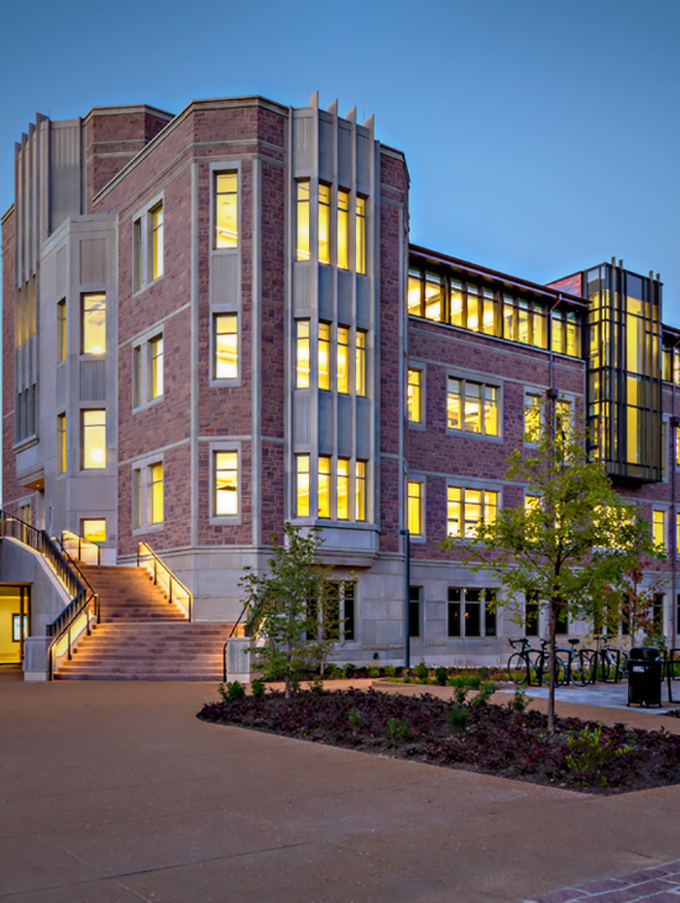Community News
Spotlighting the people, partnerships, and progress driving change at the Brown School and beyond.
Filter by Category
News at WashU
Media Inquiry?
Email public affairs at nschoenherr@wustl.edu.
Spotlighting the people, partnerships, and progress driving change at the Brown School and beyond.
Mark D. West, a renowned legal scholar and former dean of the University of Michigan Law School, has been appointed provost of Washington University in St. Louis, effective August 1, according to Chancellor Andrew D. Martin.
The post West appointed provost at Washington University in St. Louis appeared first on The Source.
Read MoreThe Washington University Police Department will conduct its biannual active shooter training exercise July 9 on the South 40 area of the Danforth Campus.
The post WashU PD active shooter drill July 9 appeared first on The Source.
Read MoreTwo Brown School faculty members have been awarded a combined $1.4 million in grants from the Ewing Marion Kauffman Foundation to support research focused on improving economic mobility and reducing wealth disparities.
The post Brown School faculty win $1.4M grant to study economic mobility, wealth gaps appeared first on The Source.
Read More
Sign Up for Our Newsletter to Receive More Brown School News:
Sign up hereEmail public affairs at nschoenherr@wustl.edu.